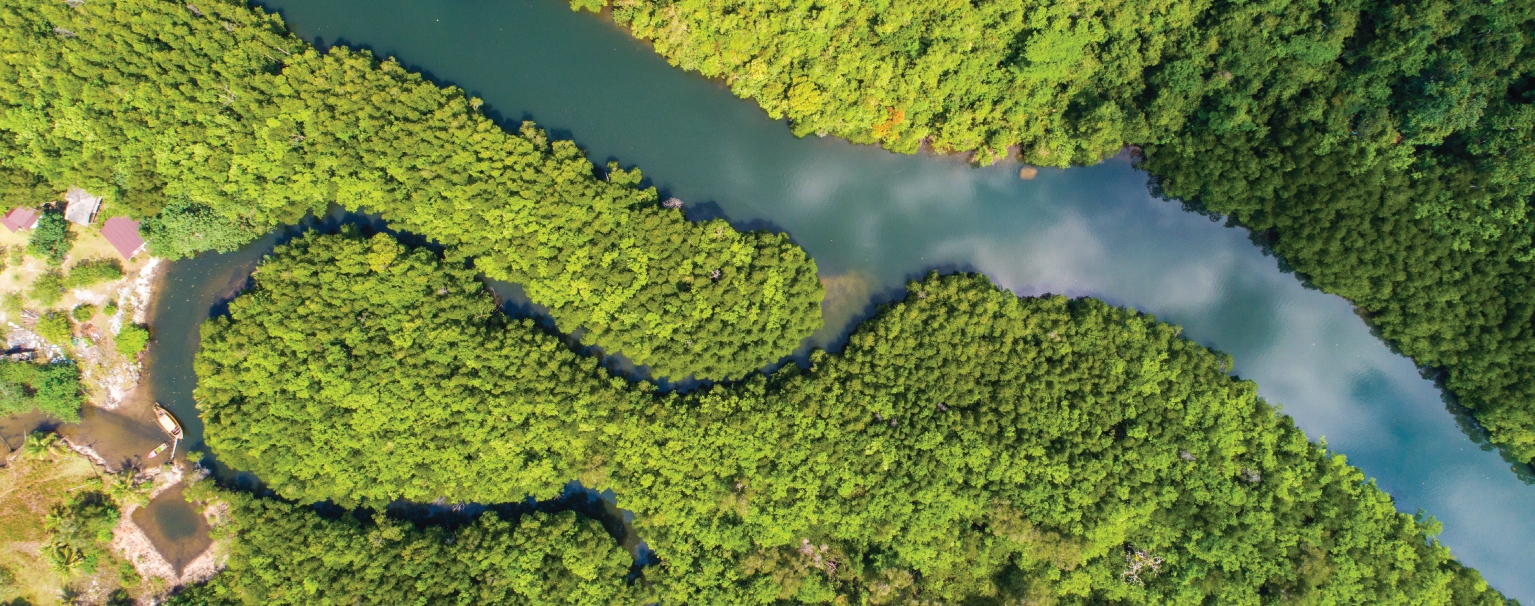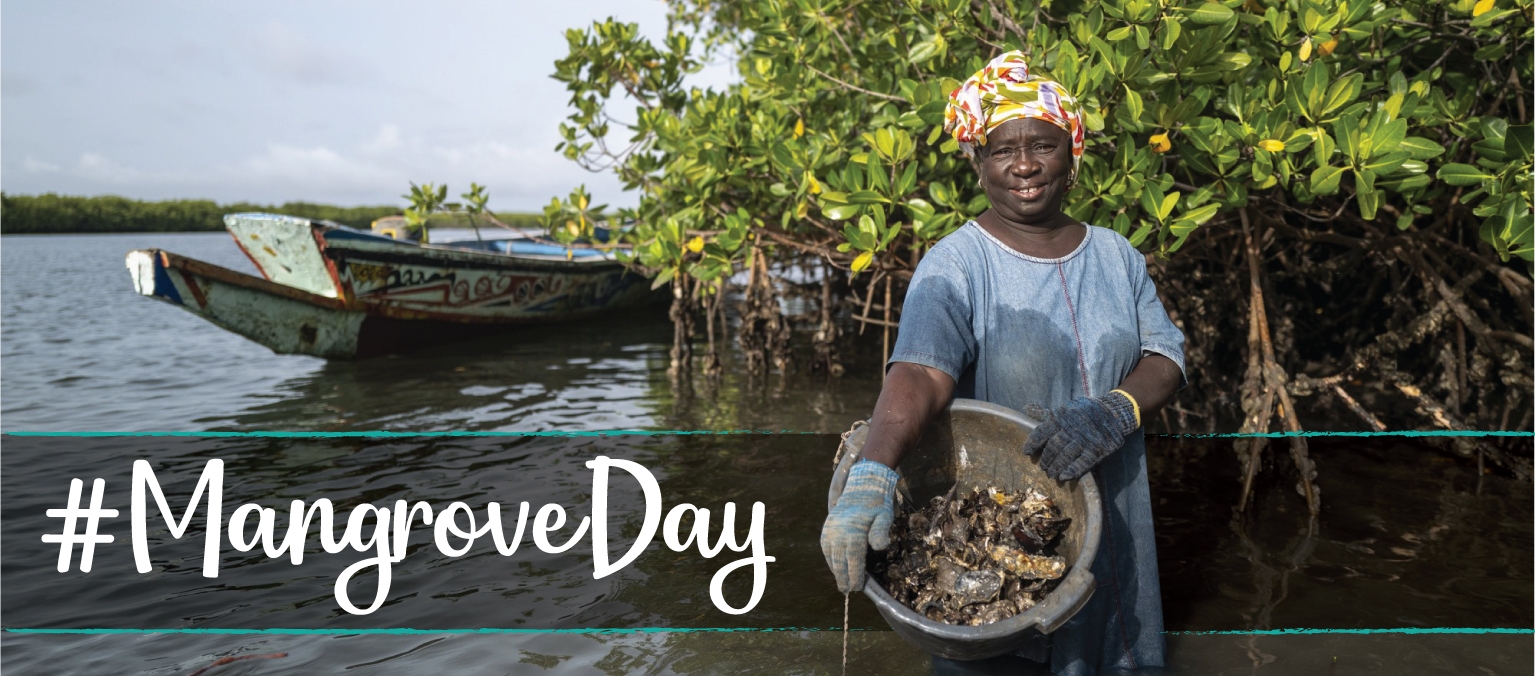Since 2015, the United Nations Educational, Scientific and Cultural Organization (UNESCO) International Day for the Conservation of the Mangrove Ecosystem has raised awareness on the multi-faceted role these tropical coastal habitats play to mitigate global climate change. It also highlights the importance of a coordinated effort to monitor, restore and conserve them at a global scale.
At the occasion of the sixth Mangroves, Macrobenthos and Management (MMM6) Congress, the Government of Colombia, UNESCO and the Food and Agriculture Organization of the United Nations (FAO) will lead a celebration of the International Day with an audience of academics, policy makers and civil society representatives from 45 countries.
UNESCO will showcase the latest of international scientific collaboration on mangroves, notably through its project on Mangrove Restoration as a Nature-Based Solution in Biosphere Reserves in Latin America an the Caribbean (MangRes), supported by the Flemish Government and Spain, and an original exhibition on mangrove ecosystems at UNESCO designated sites.
The event will launch also FAO’s new report, The world’s mangroves, 2000-2020, which provides the latest data on the status and dynamics of mangroves and presents detailed analysis of direct drivers of mangrove loss and how they have changed over the last 20-year period.















